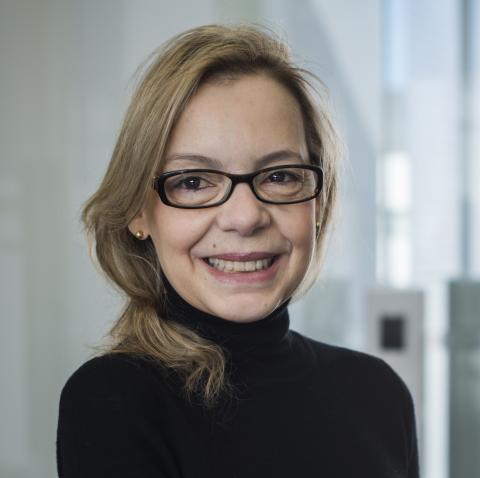
Congratulations to two actively involved members of the Melbourne Genomics ‘family’ who have recently been honoured: bioinformatician Dr Bernard Pope, and long-standing advocate for those with genetic diseases, Louisa di Pietro.
Dr Bernard Pope of Melbourne Bioinformatics and the University of Melbourne, was recently awarded one of three Victorian Government Health and Medical Research Fellowships. The Fellowships support a program of research over four years, up to the value of $800,000.
Dr Pope’s Fellowship aims to translate genomics-driven bioinformatics into improved prevention and treatment of colorectal cancer. Australia has one of the world’s highest rates of colorectal cancer, but patients’ survival and quality of life can be significantly improved by early detection, treatment, and risk management.
‘I am very honoured to have been awarded this Fellowship, recognising the increasing importance of computing and analytics in health and medical research,’ said Dr Pope. ‘The fellowship will allow me to focus on a significant disease, affecting the lives of millions worldwide and imposing a considerable burden on healthcare systems. Working with my collaborators, I will apply genomics-driven bioinformatics to identify people at the highest risk of colorectal cancer, providing better-targeted screening and medical intervention for those who will benefit most.’
Dr Pope has played an important role in building the Alliance’s prototype bioinformatics systems, through assistance in managing the software development team and supporting infrastructure.
Louisa Di Pietro (pictured) has been inducted in the Lifetime Achievement Honour Roll at the 2017 Victorian Disability Awards. The achievement recognises Louisa’s decades-long advocacy for those with genetic conditions and rare diseases.
Former Group Leader of the Genetic Support Service of Victoria and current team member, Louisa has been involved in the establishment and facilitation of more than 20 support groups in Victoria for people living with disabilities. She has worked as an active peer support worker, advocate and researcher, and is a member of the Melbourne Genomics Community Advisory Group.
